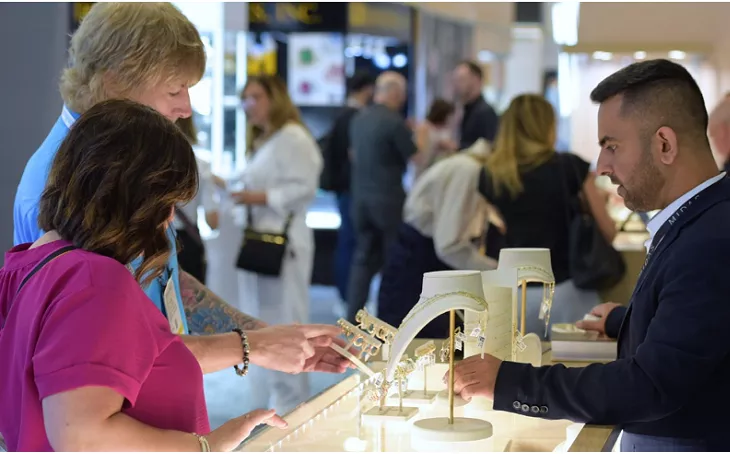Jewelry emerged as a standout performer in the luxury sector from late 2023 to the initial quarter of this year, drawing significant interest from consumers across various economic brackets.
This surge is attributed to a shift among consumers towards purchasing jewelry pieces as investments, as highlighted in the latest luxury goods study by consultancy firm Bain & Company, conducted in collaboration with the Italian luxury goods association Altagamma, and released last week.
According to Bain & Company, “Jewelry stands out as a top performer in the current landscape, with consumers making investment-led purchase decisions, surpassing watches in growth, and showcasing strength in both uber- and entry-luxury segments.”
However, the luxury market in China, a major player in luxury goods, is facing challenges due to the rebound of outbound tourism. Local demand has weakened owing to escalating economic uncertainties, leading to what Bain described as “luxury shame” in the mainland. Factors such as rising unemployment rates and uncertain future prospects in both China and the US have caused younger generations to postpone luxury spending.
Overall, spending on luxury goods exceeded EUR 1.5 trillion ($1.6 trillion) in 2023, marking a new record, as per Bain’s findings. Nevertheless, except for certain regions like Japan and Europe, spending has decelerated in the first quarter of 2024, with revenues expected to decline by 1% to 3%.


